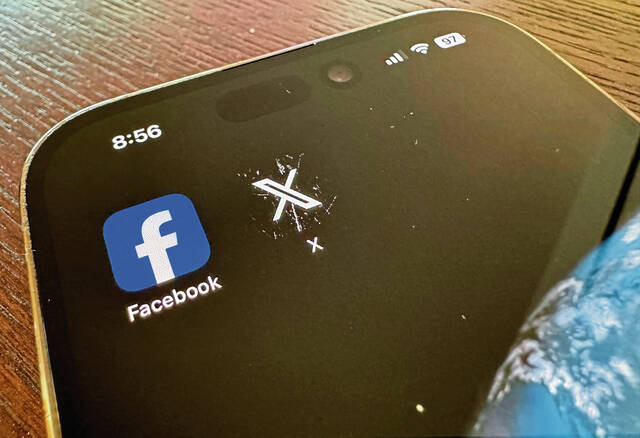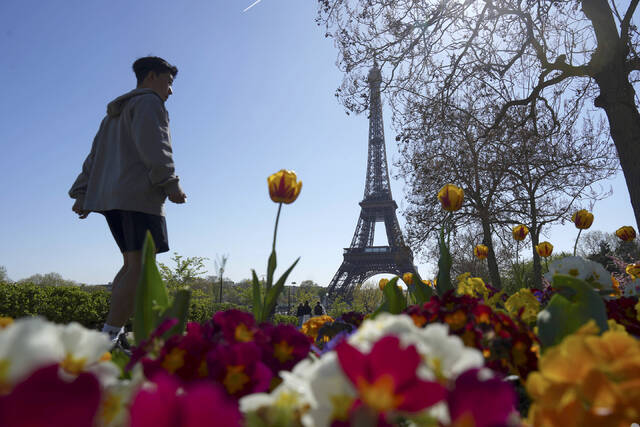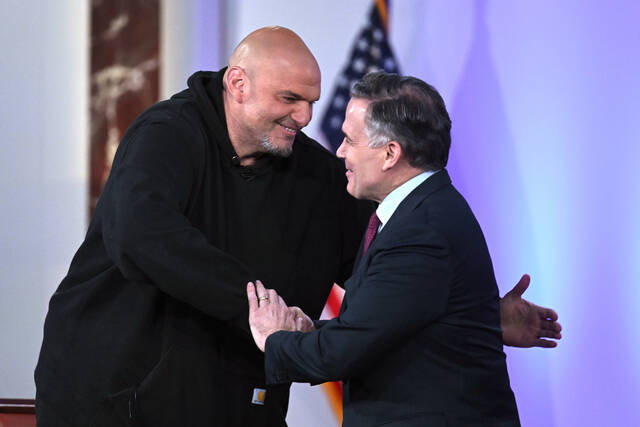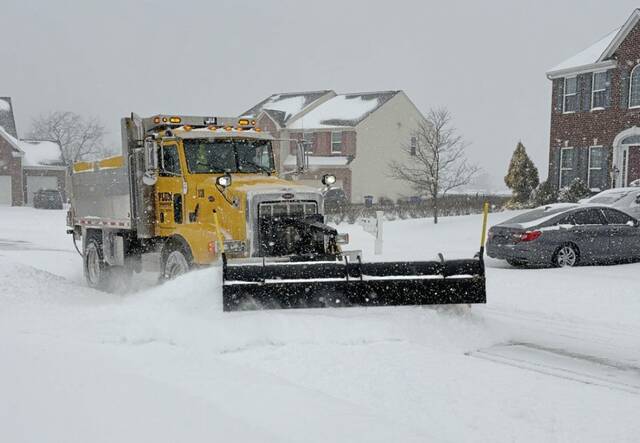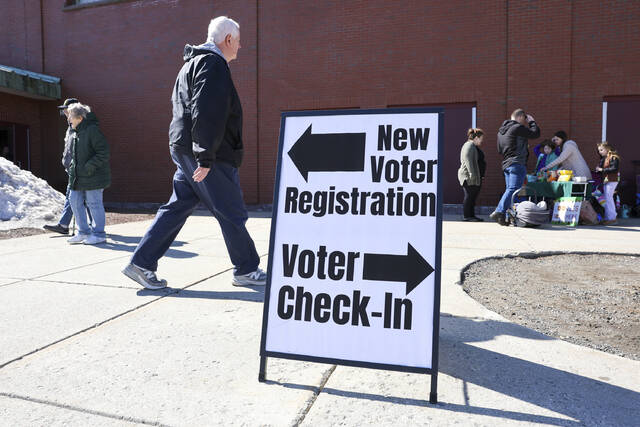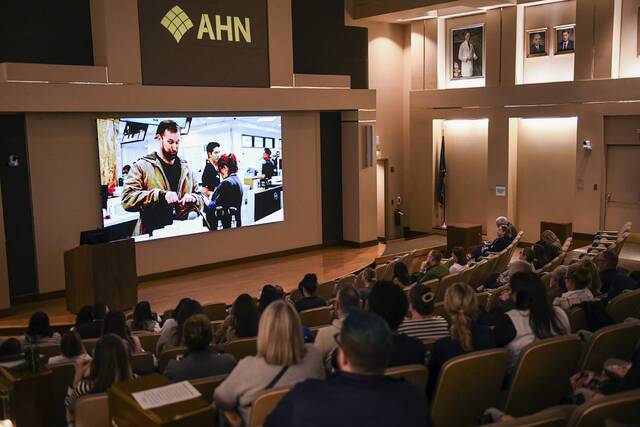Social media is everywhere.
It’s on the desktop computer that might be used for gaming. It’s on the laptop your teenager uses for homework. It’s on the tablet your kindergartner uses for videos. It’s on the smartwatch that counts steps. It’s on the phone tucked in every back pocket or backpack or purse.
It is almost inescapable.
But Australia is trying to jailbreak its children from social media’s clutches. The country took a bold step last week, banning social media accounts for children under 16. Systemic failure to comply can mean fines of up to $33 million.
It’s a move that many might praise. Even avid users of social media can admit to stress caused by the applications. It’s something health care professionals are identifying as a concern.
“Children are exposed to harmful content on social media, ranging from violent and sexual content to bullying and harassment. And for too many children, social media use is compromising their sleep and valuable in-person time with family and friends. We are in the middle of a national youth mental health crisis, and I am concerned that social media is an important driver of that crisis — one that we must urgently address,” U.S. Surgeon General Vivek Murthy said in 2023.
But is it viable?
Many social media platforms already have tried to restrict accounts. To be a registered user of TikTok, Snapchat, Twitter or Facebook, for example, you are supposed to be at least 13 years old. That has not stopped many younger users from accessing it, sometimes with parental cooperation.
And what about a site like YouTube? It’s considered social media and is heavily used by even very young children watching videos on their parents’ devices. Then there is Discord, a platform so knitted into gaming culture that separating them would be almost surgical.
It is admirable for Australia to take the best interest of its children so seriously. Kids need to be protected from the dangers social media can represent.
But we have known the internet was a jungle waiting to devour unsuspecting kids for decades. Not only has social media been born during that time, but it also has flourished and spread vines into businesses and communication. It is so entwined in everyday life that an American ban could be impossible.
“With how big social media is — and how much enforcement it would need and how big the U.S. is — I don’t see how it would ever work,” said Olivia Edwards, 25, of Shadyside.
There is no question that kids need protection from the pitfalls of social media. But 20 years after Facebook was created, is it too late to rein it in? And have we given up on parents being the ones to draw the line on what their kids are and aren’t allowed to access?


